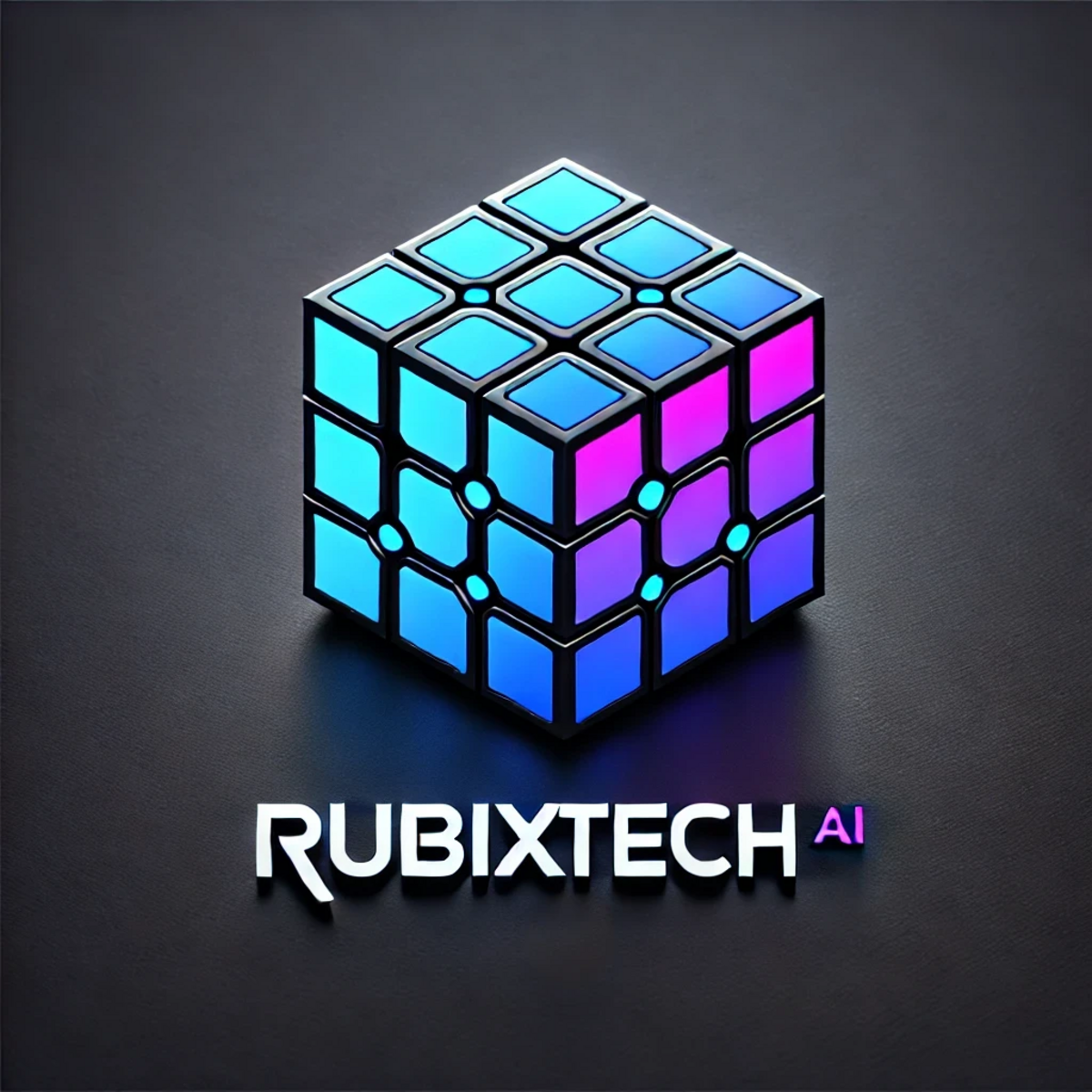Today’s Contents
🚀 Exploring the AI Horizon: 2024 Key Trends
🧰Tech Toolbox
🚀 Exploring the AI Horizon: Key Trends Shaping Our Future in 2024

The world of Artificial Intelligence (AI) is evolving at a breakneck pace, with 2024 seeing some groundbreaking trends that are reshaping industries, businesses, and daily life. Here's a deep dive into these trends, offering a glimpse into a future where AI is not just a tool, but a transformative force.
Retrieval-Augmented Generation (RAG): The new frontier in generative AI, RAG, addresses the issue of "hallucinations" - plausible but incorrect responses generated by AI. This technique combines text generation with information retrieval, significantly improving the accuracy and relevance of AI-generated content. It's especially crucial for enterprise applications where accuracy is non-negotiable. Businesses are leveraging RAG for more efficient and informative chatbots and virtual assistants. To understand RAG's impact, explore this TechTarget article for more in-depth analysis.
Customized Enterprise Generative AI Models: Big isn't always better, especially in the realm of AI. 2024 is witnessing a shift towards smaller, custom-built AI models tailored to specific business needs. This approach offers precision and efficiency, particularly in sectors like healthcare, finance, and legal, where generic models fall short. For a closer look at how companies like Workday are optimizing AI for specific enterprise applications, delve into their strategies and innovations.
Growing Need for AI and Machine Learning Talent: As AI becomes more integral to business operations, the demand for skilled professionals is skyrocketing. The industry seeks talent capable of bridging theory and application, specializing in AI programming, data analysis, and MLOps. This trend underscores the critical role of human expertise in harnessing AI's potential. For insights into the skills in demand and the evolving job market in AI, refer to O'Reilly's report on AI and machine learning skills.
Shadow AI: The rise of easily accessible AI tools has led to the phenomenon of Shadow AI, where AI is used within organizations without formal IT oversight. This trend highlights a balance between innovation and risk management, emphasizing the need for robust governance frameworks. Understanding this balance is crucial for businesses, and this Computer Weekly article offers a comprehensive view of Shadow AI's implications.
Generative AI's Second Wave in Video: Following the success of text-to-image models, AI's new frontier is video generation. This evolution is revolutionizing content creation, from filmmaking to marketing. However, it also raises ethical and practical concerns, especially around deepfake technology. Studios like Paramount and Disney are at the forefront of exploring these possibilities. To grasp the full scope of this trend, check out Runway's latest generative video models.
AI-Generated Election Disinformation: A pressing concern in the political arena is the rise of AI-generated disinformation, especially during elections. This trend challenges the integrity of political discourse and democratic processes. Understanding the impact and mitigation strategies is essential, and insights can be gained from examining cases like those in Argentina and Slovakia, where AI-generated content significantly influenced public opinion.
Robots that Multitask: The shift towards more versatile, general-purpose robots marks a significant advancement in robotics, inspired by the success of generative AI models. This development promises to broaden the application of robotics in industries and everyday life. For a closer look at how companies like DeepMind are pushing the boundaries with models like Robocat and RT-X, explore their latest innovations and the broader impact on the field.
These trends in AI are not just technological advancements; they represent a shift in how we interact with and perceive the world around us. From enhancing business efficiency to challenging ethical norms, AI in 2024 is a testament to the limitless potential and the complex challenges of this transformative technology. As we navigate this landscape, staying informed and adaptable is key to harnessing AI's full potential while mitigating its risks.

Here's a list of five AI tools that are particularly helpful for learning about AI and enhancing AI-related skills:
Google AI: Google offers a variety of tools and resources for learning AI, including TensorFlow, an open-source machine learning library. They also provide educational resources and courses through Google AI Education, which are excellent for beginners and advanced learners alike. Check out Google AI for more information.
IBM Watson: IBM Watson provides a suite of AI tools and applications that are used widely in the industry. It offers practical experience with AI technologies, particularly in areas like natural language processing and machine learning. IBM also offers educational resources and interactive tools on their platform. For more details, visit IBM Watson.
Microsoft Azure AI: This platform offers a comprehensive set of AI services and cognitive APIs that can help learners understand AI concepts better. Azure AI is particularly useful for practical applications of AI in cloud computing. Microsoft provides extensive documentation and learning paths for different AI technologies. Explore more at Azure AI.
Kaggle: Known for its competitions, Kaggle is a fantastic platform for hands-on learning. It offers access to datasets and an environment to test machine learning models. Kaggle's community is also a great resource for learning and collaborating on AI projects. You can start exploring at Kaggle.
OpenAI Gym: This is a toolkit for developing and comparing reinforcement learning algorithms. It supports teaching agents everything from walking to playing games like Pong or Go. OpenAI Gym is excellent for more advanced learners who are interested in diving into the specifics of AI algorithms. Visit OpenAI Gym for more information.
These tools provide a range of educational resources and practical experiences, making them suitable for a wide spectrum of learners, from beginners to advanced AI enthusiasts.

